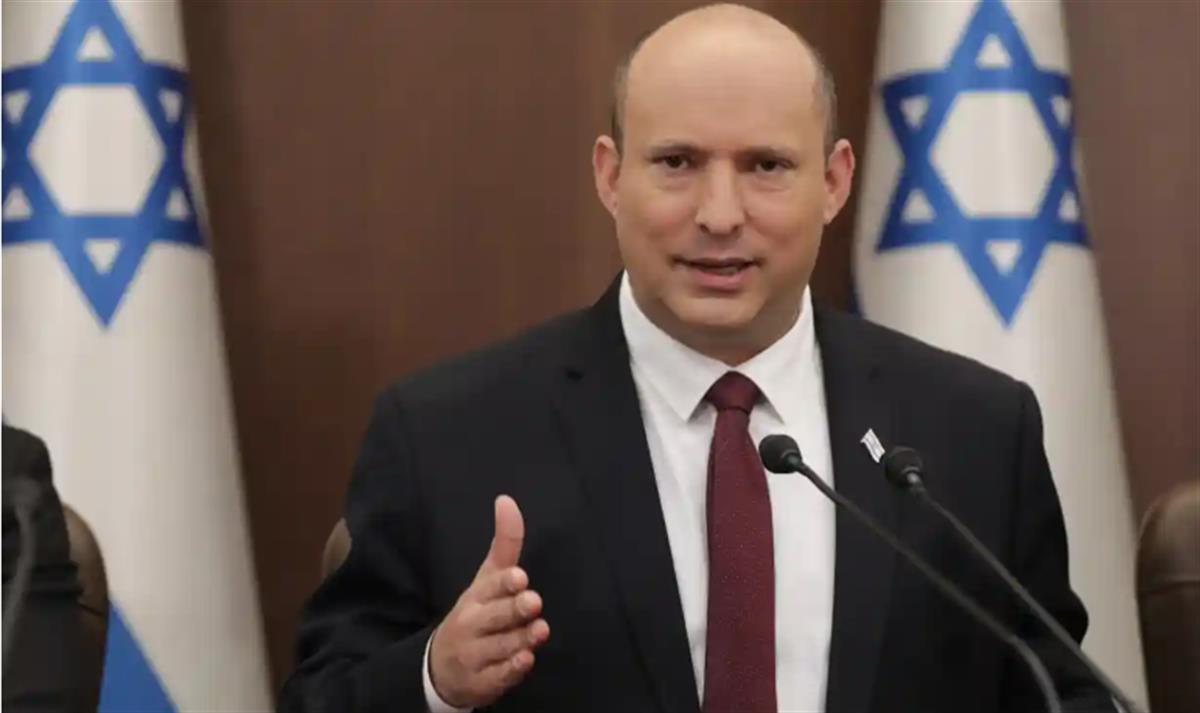China and India talked about the third time this year
Author:Global Times Time:2022.07.18
Four months before the previous round of talks, China and India held a military talks again on July 17 to solve the relevant issues of the actual control line in the western section of the Sino -Indian border. The two sides are committed to seeking solutions that both sides can accept. Chinese experts told the Global Times on the 17th that the overall atmosphere of China and India is positive and good, but it takes some time to find a solution that both parties can accept.
According to the Indian "Indian News" reported on the 17th, the 16th round of the 16th round of the talks on the two rounds of talks on the day of the Sino -Indian Society was held at the Indian side of the Indo -Point of the Indian meeting point at Meldo/Chushu. The Indian Army's 14th Army Chief of Mori Puta led the Indian delegation to participate. An official who was unwilling to be named told the Indian Stan Times that the two sides would discuss the friction points along the actual control line to further get out of contact. The official said that the dialogue was the only way to find a solution that both parties could accept for the suspension problem.
In 2022, China -India has held the 14th and 15th round of military talks on January 12 and March 11, respectively. Maintain military and diplomatic channels to communicate, and to reach a solution that both parties can accept through dialogue and negotiation.
The focus of the China -India Army's general talks this year is to discuss the three friction points from the so -called "Radak" in the so -called "Radak" in India: that is, the Geogra Highlands, the Bandong Lake area, and the Dapssan Plain.
India's "Today's News Times" reported that the Chinese army allegedly withdrew the troops from the Galwan Valley, the 15 patrol point and the Banong Lake to withdraw 2.5 kilometers. The Indian Army has withdrawn from these areas and vehicles from these areas. According to the "Indian Stan Times" report, the Indian side will also propose the problem of the Chinese J-10 fighter jets that break through the forbidden zone and fly over the friction point during the talks, which will emphasize that the Chinese Air Force should respect the ban on the ban on the 10-kilometer of the real control line.
Since the beginning of this year, high -level officials of China and India have been in contact with many times. On March 25, the State Councilor and Foreign Minister Wang Yi held talks with Indian Foreign Minister Su Jiesheng during his visit. On July 7, Wang Yi met with Su Jiesheng again during the meeting of the Foreign Minister of the Group of the 20th Group of 20. Wang Yi said that since March of this year, China and India have maintained communication, effectively controlled differences, and bilateral relations have generally remedied the momentum. Su Jiesheng said that since the March meeting, the two sides have made positive progress in maintaining the stability of the border, promoting pragmatic cooperation and convenient personnel.
Qian Feng, director of the Research Department of the National Strategy Research Institute of Tsinghua University, said in an interview with the Global Times on the 17th that compared with 2020, the most dangerous moment of China and India has passed. With the joint efforts of the two countries, China -India relations have been from the China and India relations. In 2020, the situation of continuous decline in the Larwan Valley conflict was recovered. Although it is currently in a low level of stability, the overall atmosphere of relations between the two countries is positive and good.
Qian Feng believes that "Although the two rounds of military long -level talks in the first two rounds of the two rounds of the two rounds did not achieve a huge breakthrough, it is worth sure that both Chinese and Indian side insisted on the existing bilateral channels and negotiated to solve border issues through dialogue communication. The direction has not changed. Not long ago, Indian Foreign Minister Su Jiesheng also publicly stated that both China and India are committed to solving the problem through dialogue, emphasizing that the two parties can solve their own affairs and clearly release signals against third parties to intervene. "Secondly, since the conflict of the Tarravan Valley, China and India are also committed to avoiding rising friction into conflict. The positions and directions of the two parties have basically the same position and direction. "But because the current situation is very complicated, the two parties have not found mutual recognition solutions at present. This may need to be properly solved through a period of time."
Qian Feng believes that the Russian conflict has exacerbated the dangerous trend of international security presentation. On this issue, China -India's position is highly similar. "This shows that as the two large population and emerging powers in the world, China and India's views on the world situation and major issues are consistent, which is obviously different from the United States and Western countries. Press the field of view of the gesture, to look at the border issues. "
Global Times reporter Guo Yuandan
- END -
The Prime Minister announced that it will dissolve the parliament, and Israel may hold the fifth election in 4 years

Jimu Journalist Song QingyingAccording to the Guardian, on the evening of June 20,...
Japan's core CPI increase over 2% for two consecutive months
Xinhua News Agency, Tokyo, June 24 (Reporter Liu Chunyan) According to the data released by the Ministry of General Affairs on the 24th, the core consumer price index (CPI) in Japan's removal of fresh...